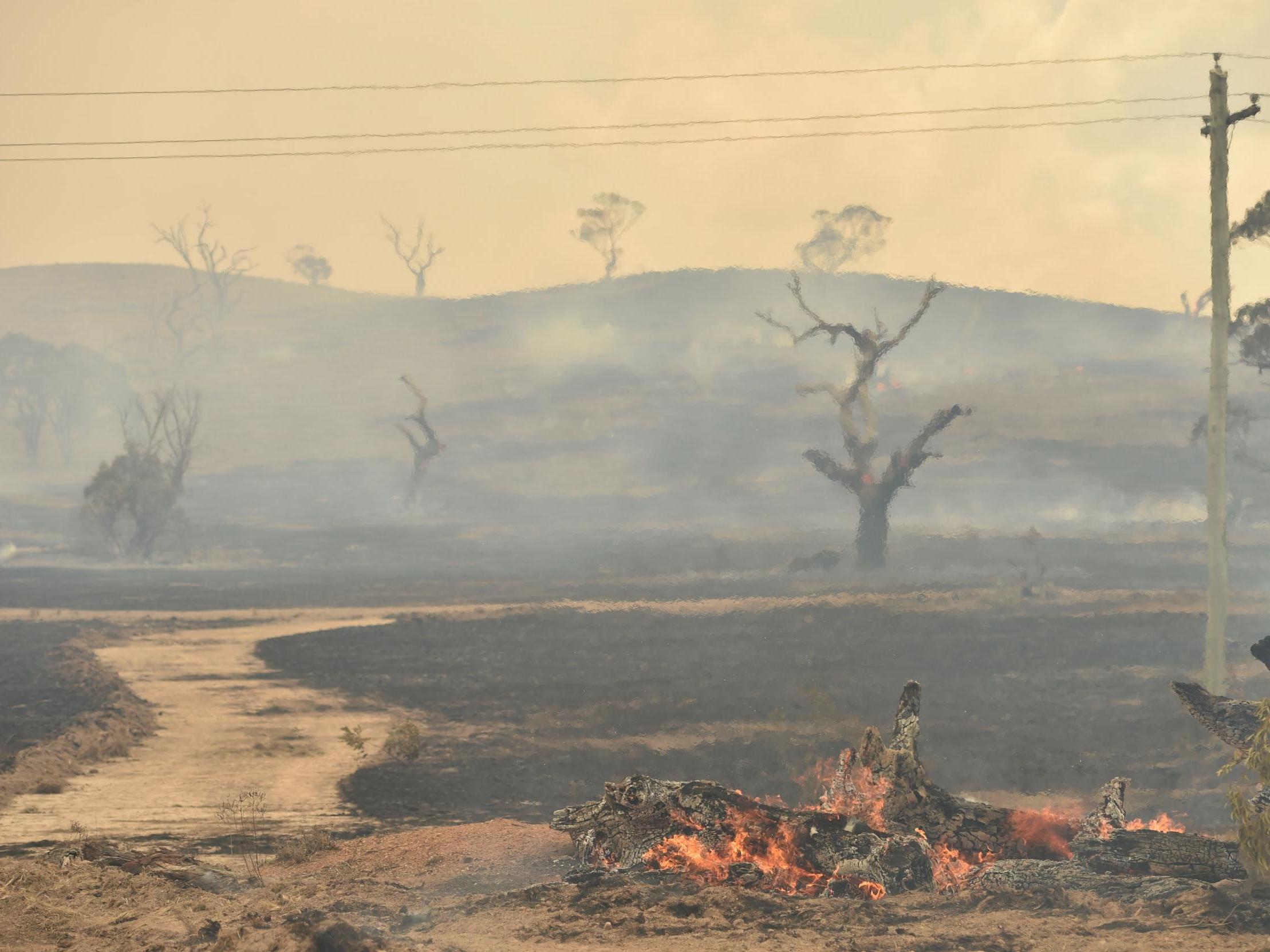UK climate science denial group sees membership income triple over past year
Global Warming Policy Foundation says Bolsonaro’s anti-environment policies and France’s yellow vest protest are part of ‘nascent backlash against regressive climate policies’

The UK’s most prominent climate change denial group has seen membership surge over the past year, with income from membership tripling, according to records filed at Companies House.
The Global Warming Policy Foundation (GWPF), established by former Conservative chancellor Nigel Lawson in 2009, and which has previously warned against the “extremely damaging and harmful policies” designed to mitigate the impacts of the climate crisis, saw its total income rise by around £75,000 in 2019.
The GWPF accounts, published on public database Companies House, and highlighted by DeSmog UK, reveal a rise in the organisation’s total income from £351,642 in 2018 to £426,244 in 2019 – an increase of £74,602.
The group describes itself as “an all-party and non-party think tank and a registered educational charity which, while open-minded on the contested science of global warming, is deeply concerned about the costs and other implications of many of the policies currently being advocated.”
While it is accurate for the group to say the science of climate change has been contested, it has only been done so by a tiny minority of the scientific community.
More than 97 per cent of peer-reviewed studies by scientists agree climate-warming trends over the past century are due to human activities, according to Nasa.
The 10 warmest years in the 140-year record all have occurred since 2005, with the six warmest years being the six most recent years, Nasa said this year.
On its website the GWPF states: “Above all we seek to inform the media, politicians and the public, in a newsworthy way, on the subject in general and on the misinformation to which they are all too frequently being subjected at the present time.”
But when The Independent contacted the foundation, a spokesperson declined to comment on any matter.
The organisation is secretive about its membership and how it is funded, but has always asked each member to pay at least £100 per year.
After attracting large amounts of investment and reporting strong income from membership in the years after it was set up, by 2016, the total income the GWPF received fell by two-thirds over five years.
This year’s figures represent a significant bounce back for the organisation.
As the group refuses to detail its income sources or - in this case - talk to the journalists, it is difficult to know what is driving the resurgence in its fortunes.
However, as the climate crisis has become an increasingly grave world issue, inspiring more people to take action to demand a coherent response, there has also been a pronounced backlash.
In a statement alongside the report, GWPF director Benny Peiser noted the impact of Greta Thunberg and of Extinction Rebellion and accused the government of rushing through its plan to reach net zero emissions by 2050, as a result of media coverage of the enormous protests.
Mr Peiser said: “The last 12 months have been an incredibly busy and productive time for the Global Warming Policy Foundation. In these volatile times and as the climate debate has become more heated than ever the work of the GWPF has continued to provide a considered and rational voice.”
Mr Peiser also noted the “victories and major breakthroughs for parties opposed to the rising cost of climate and energy policies”, citing the rise of Jair Bolsonaro’s regime in Brazil, the staying power of Scott Morrison in Australia – who saw off opposition with stronger policies to protect the planet – and the impact of the “yellow vest” movement in France in which protesters demanded lower fuel taxes, among other things.
“Energy cost revolts in many other parts of the world signal a nascent backlash against regressive climate policies," said Mr Peiser.
But scientists have repeatedly argued that the cost of inaction in the face of the climate crisis would be incalculable, while relatively low levels of targeted spending could yield significant economic benefits.
In a major economic analysis published late last year, a report by The Global Commission on Adaptation led by former UN secretary general Ban Ki-moon, World Bank chief executive Kristalina Georgieva, and Bill Gates, concluded that investment of just $1.8 trillion by 2030 in five categories – weather warning systems, infrastructure, dry-land farming, mangrove protection and water management – would ultimately result in $7.1 trillion worth of benefits.
Join our commenting forum
Join thought-provoking conversations, follow other Independent readers and see their replies
Comments
Bookmark popover
Removed from bookmarks